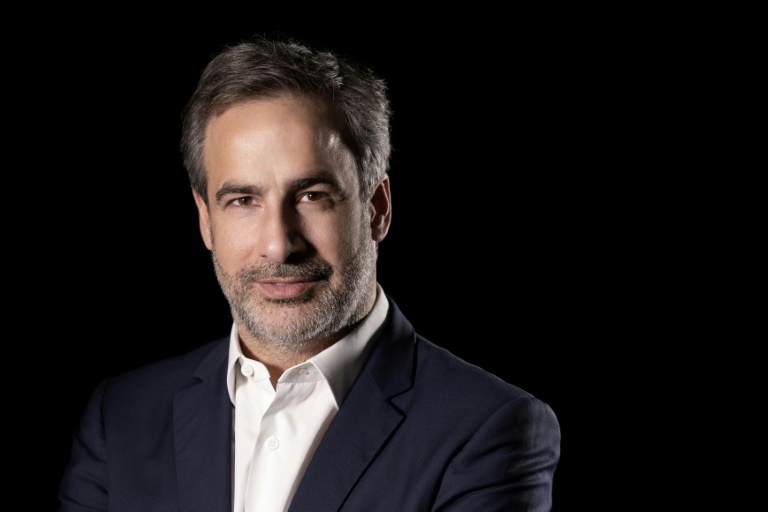Lebanon presidential hopeful slams Hezbollah’s dominance

Michel Moawad is one of the front-runners in Lebanon’s presidential election
Beirut – Lebanese politician Michel Moawad on Wednesday urged lawmakers to back his bid for the presidency, denouncing Hezbollah’s “stranglehold” on the crisis-hit country.
MPs have been unable to pick a successor to President Michel Aoun whose term ends next week, stoking fears of a political crisis that would further compound three years of economic meltdown.
“I am practically the only serious candidate running for the presidency,” Moawad told AFP in an interview, adding that he had “support from a large majority of the opposition”.
Moawad, 50, is the presidential candidate who received the largest backing in Lebanon’s divided parliament, mostly from lawmakers opposed to the powerful Iran-backed Hezbollah movement.
But he is still far from securing the number of votes needed to snatch the position.
“To change the balance of power, we must first unite the opposition, because we are divided,” said Moawad.
He said that “Hezbollah’s stranglehold” on Lebanon has pushed the country further into “Iran’s sphere of influence”, and accused the group of trying to impose a candidate who abides by its rules.
Hezbollah has slammed Moawad’s close ties to the United States and urged political parties to vote for a consensual candidate.
“A consensual candidate is someone who submits to Hezbollah’s regional and internal policies,” said Moawad.
“Lebanon today faces an existential danger. The state is disappearing, people are becoming poorer and migrating” he said, referring to the country’s financial meltdown.
Moawad is the son of Lebanon’s first post-civil war president Rene Moawad who was assassinated 17 days after his election in 1989. His family accuses Syria, which dominated Lebanon at the time, of killing him.
Moawad said he is aware of the dangers of political life in Lebanon.
“I know very well what the risks are… And I am ready to take them,” he said, adding that he was facing “parties, and sometimes states who do not hesitate to assassinate people, when these people prove that they can make a change.”
